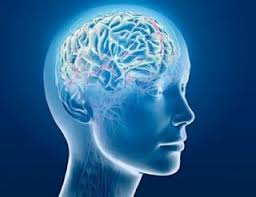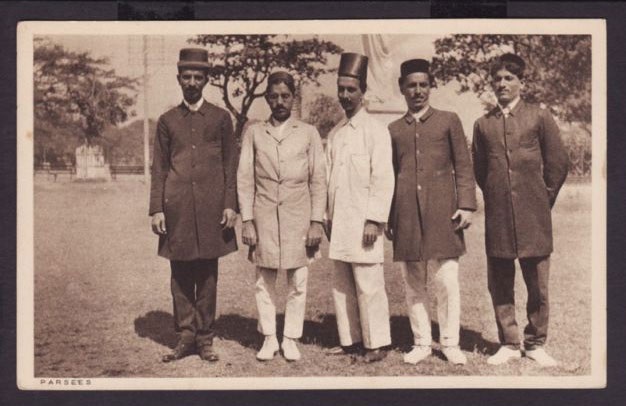It is generally believed that lying flat on the bed with head facing upwards improves recovery after a brain stroke by increasing blood flow to the brain. A recent study has demolished this belief.
A clinical trial conducted between March 2015 and November 2016 with 11,093 patients in 114 hospitals from UK, Australia, China, Taiwan, India, Sri Lanka, Chile, Brazil, and Colombia has brought out new findings in this direction.

“many stroke specialists believe that the way the body is positioned after stroke makes a difference to their patient’s recovery. But, there was really no conclusive evidence to back this up. We know the first 24 hours of care post-stroke is crucial to recovery, so it was vital to find out if sitting up or lying down flat could make any difference.”
From India, 499 patients were enrolled from six stroke centres -- Christian Medical College in Ludhiana, PGIMER in Chandigarh, Dr. Ramesh Superspecialty Hospitals in Guntur, SCTIMST, Thiruvananthapuram, and Baby Memorial Hospital in Calicut.
The majority of patients who took part in the study had mild to moderate severity strokes and were between 53 and 81 years of age. Patients with brain stroke were either assigned to lie flat with their face upwards or with their head raised to at least 30 degrees during the first 24 hours after they were admitted to the hospital. They were assessed for the degree of disability 90 days later or death during this period.
The results revealed that lying flat or sitting up at an angle of 30 degrees after a stroke made no difference to the recovery. The findings has been published in the latest issue of science journal, `New England Journal of Medicine’.
Brain Stroke is a leading cause of death and disability in the world. The present recovery protocol involves laying the patient flat on the bed but this method also increases the risk of pneumonia. The research led by The George Institute for Global Health, Australia discovered that the position of a patient’s head with the most common form of stroke, acute ischemia does not affect outcomes.
Lead investigator Professor Craig Anderson of The George Institute of Global Health, Sydney said, “many stroke specialists believe that the way the body is positioned after stroke makes a difference to their patient’s recovery. But, there was really no conclusive evidence to back this up. We know the first 24 hours of care post-stroke is crucial to recovery, so it was vital to find out if sitting up or lying down flat could make any difference.”
The global trial was funded by the National health and medical research Council of Australia.
Professor Jeyaraj D Pandian, who is the national lead principal investigator form India and Head of Neurology at Christian Medical College, Ludhiana said, “the position of the head does not matter so much, over and above good nursing care. It does not help with recovery, with mortality or how a patient feels. However, we also found there were no significant harms associated with either lying down flat or sitting up”.
These results will help frame guidelines for lower to middle income countries, like India, where lying flat after a brain stroke is more commonly practiced due to the lack of motorized beds. (India Science Wire)





